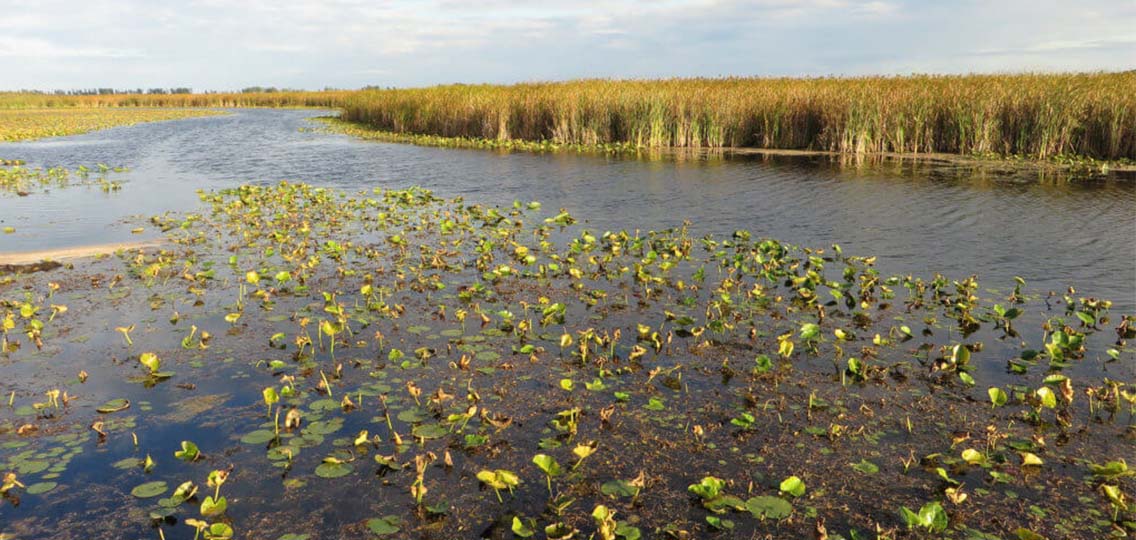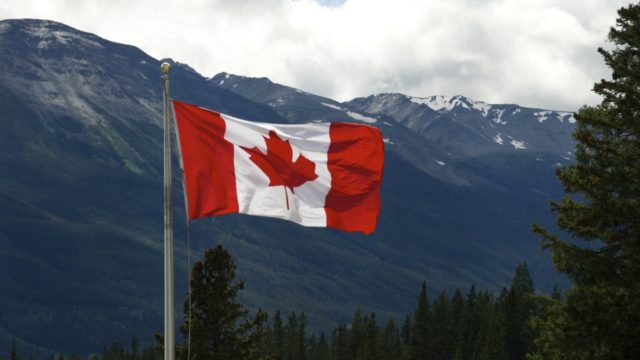When it was first enacted almost 25 years ago, Ontario’s Environmental Bill of Rights (EBR) was an important, ground-breaking statute that set Ontario apart from other provinces by granting a range of procedural rights to its residents. These include our rights to know about and comment on laws and policies that could impact our environment and communities. It also gives individuals the rights to request an investigation when an environmental law is violated and to ask government to review whether the law should be improved to better protect the environment or human health.
These rights are important and should not be taken for granted.
That’s why we think there is no better time than the present to share a refresher on the importance of the EBR and why we must ensure it is upheld and implemented properly.
Why we need the EBR
The EBR aims to achieve better on-the-ground outcomes for the environment: it seeks to protect, conserve and restore the integrity of the environment and to protect Ontario residents’ right to a healthful environment.
To make this happen, the EBR empowers Ontarians with rights and tools to participate meaningfully in important environmental decisions. The idea is that being kept in the dark about government decisions takes a toll on residents and can lead to outcomes that have little regard for the local environment or community health.
To make sure that residents can engage meaningfully and influence better environmental outcomes, the EBR provides the tools necessary for all Ontarians — including ordinary citizens, students and activists — to participate in environmentally significant government decisions and to hold the government accountable for its decisions. The EBR also increases Ontarians’ access to the courts to protect the environment.
To lay things out simply, under the EBR you have the right to:
-
Comment on environmentally significant government proposals;
-
Ask a ministry to review an existing law, or the need for a new one;
-
Ask a ministry to investigate harm to the environment;
-
Seek permission to appeal a ministry decision on a permit, approval or other instrument; and
-
Use courts or tribunals to protect the environment.
Having these rights enshrined in law means that each time the government makes a decision that permits the degradation of the environment or industry pollutes our air and water, the resulting environmental impact must be considered carefully and publicly. The government must transparently address the public’s concerns. This puts power in the hands of Ontarians to hold the government accountable for environmental decisions and, ultimately, to make sure that the province’s natural environment is protected for present and future generations.
How we’ve used the EBR in our work
Here at Ecojustice, we use the EBR regularly in much of our Ontario-focused work. Whether it’s fighting for improved air quality regulations or ensuring investigations into environmental law violations take place, the EBR gives Ontarians like you a voice.
Take for example our work in Sarnia’s Chemical Valley.
Last year, massive flames from Imperial Oil’s facility in Chemical Valley lit up the skies above south Sarnia and Aamjiwnaang First Nation, as flaring from the facility spewed noxious chemicals into the air and rattled residents’ windows. If that wasn’t frightening enough, residents were unable to get answers about the incident from the Spills Action Centre, the Ministry of Environment and Climate Change, and Imperial Oil.
Using the EBR, we were able to successfully help Aamjiwnaang community member Vanessa Gray file an application to have the provincial government investigate the incident.
Because she has the right to ask the ministry to investigate harm to the environment, Vanessa — and her community – has been able to hold the government and the company accountable for this incident. She was able to prompt a response that will help the community find out why the facility’s flare stacks lit up the skies that night and what exactly what was being emitted into the atmosphere. Even though the investigation is still underway and in the hands of the Ministry’s Investigations and Enforcement Branch, the application itself led to people outside the community knowing that problems like this are happening in Ontario — and to some communities more than others.
While requests to investigate are not always successful, they can help bring to light important issues that Ontarians should be aware of.
This past spring, as the flowers began to bloom and the gardeners amongst us were busy getting plants and flowers from our local nurseries and garden centres, we had an important message to share: ‘Bee’ careful what you’re buying because you may be getting more than you bargained for.
Samples collected by our friends at Friends of the Earth Canada detected banned pesticides on flowering, ornamental plants from some retailers. This had the potential of putting the environment and human health at risk. That’s why we helped Friends of the Earth call on the Minister of the Environment to investigate retailers’ unlawful sale of these products.
We use the EBR frequently in our work, and consider it an incredibly valuable tool, but it’s important to note that the law is not perfect: for example, the EBR misses the mark on substantive environmental rights. The right to a healthy environment has gained legal recognition around the world more quickly than any other human right over the past 50 years and is enshrined in the constitutions of more than 100 nations. It recognizes that access to clean air, water, and land is necessary for human life and dignity. And industrialized countries that recognize this right tend to perform better environmentally and economically, have stronger enforcement of environmental laws, and involve citizens more in environmental decision-making.
Be on the lookout
Ontario has seen a number of startling changes in the last few months that undermine protections for our environment, our climate, and our communities. This includes the government’s proposed dismantling of the province’s climate change legislation.
At a time when scientific consensus tells us that the time to limit greenhouse gas emissions is now, the province’s decision to cut its climate plan, without proposing an alternative, seems to signal that Ontario has little interest in taking action on climate and holding those that pollute our atmosphere to account. This is an irresponsible approach that puts short-term politics ahead of the long-term health of Ontarians and our environment.
That’s why we’re encouraging you to be vigilant. Take stock of the environmental decisions that the province is making and pay attention to whether government is ensuring you’re able to voice your concerns.




